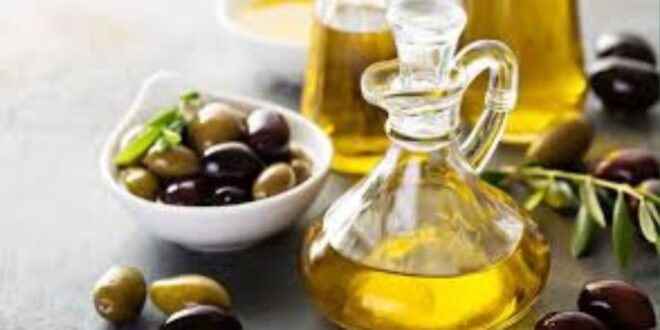Morocco has recorded a significant drop in olive production, estimated at around 50% compared to the average since 2001, as confirmed by Mohammed Sadiki, the Minister of Agriculture, Fisheries, Rural Development, Water, and Forests.
In response to this challenge, the government has announced a series of measures, the most notable of which is the restriction on olive exports.
In a press statement during the launch of the national digital transformation strategy “Digital Morocco 2030” on Wednesday, September 25, 2024, the minister explained that this year the government aims to encourage the importation of olive oil to ensure a regular supply to the national market by simplifying procedures and eliminating import duties.
The Ministry of Agriculture estimated last season’s olive production at approximately 1.07 million tons, which is the same level recorded in the previous season, despite the severe water shortage. However, this production represents a 45% decrease from the autumn of 2021, which saw 1.97 million tons.
The ministry attributed this decline to the effects of drought, cold waves, and delayed autumn rains that could have enhanced fruit quality and oil production.
Professionals expect this year’s olive production season to be challenging, as unfavorable weather conditions—particularly the overlap of the olive trees’ flowering season with intense heat waves—are likely to reduce yields. Furthermore, olive oil prices are expected to reach 150 dirhams per liter, impacting the factories operating in this sector.
In a related context, Morocco has experienced a noticeable decline in imports of crude and refined olive oil during the first seven months of this year, amounting to 124 million dirhams compared to 461 million dirhams in the same period last year.
The imported quantities dropped from 8,257 tons to 1,676 tons.
Rachid Benali, president of the Moroccan Interprofessional Federation of Olives, noted that the door for importing olive oil has been open to Moroccan importers for years, emphasizing that the government has not taken effective measures to encourage this process.
He confirmed that Morocco imports between 10,000 and 20,000 tons annually, depending on the needs of the national market, with Tunisia, Turkey, and Spain being the main supplier countries.
Regarding the olive season this year, Benali mentioned that the indicators are concerning, but it is still too early to make a definitive assessment of the situation.
He also anticipated that the government’s decision to restrict the export of olives and olive oil would continue until December 31, 2024, contributing to the stability of olive oil prices during the current season, a measure that may persist in future seasons.
It is noteworthy that the olive sector holds a strategic position within the national agricultural landscape, representing 68% of the area of fruit trees and providing over 50 million workdays annually.
source : fesnews media
 فاس نيوز ميديا جريدة الكترونية جهوية تعنى بشؤون و أخبار جهة فاس مكناس – متجددة على مدار الساعة
فاس نيوز ميديا جريدة الكترونية جهوية تعنى بشؤون و أخبار جهة فاس مكناس – متجددة على مدار الساعة













